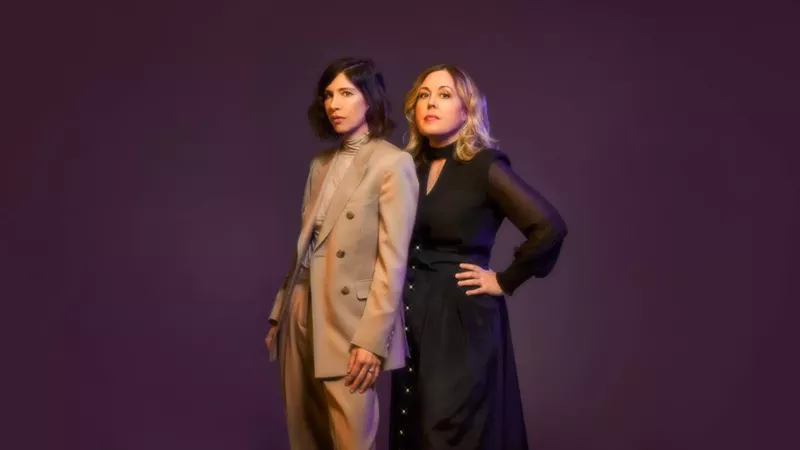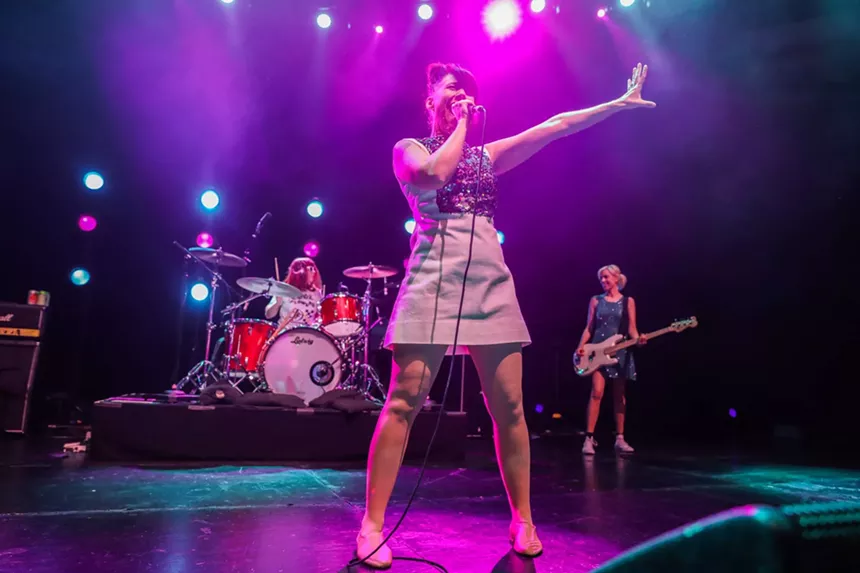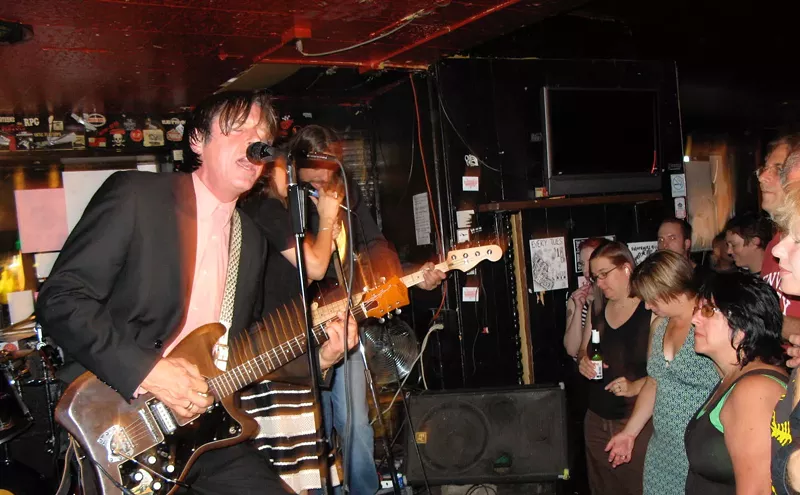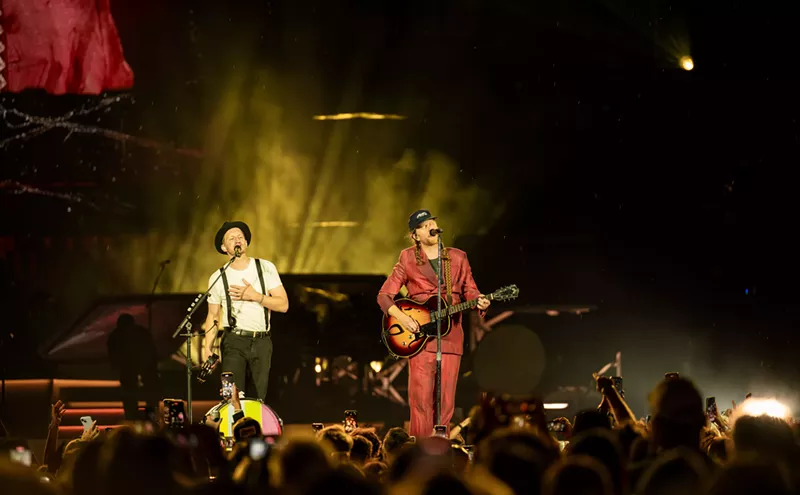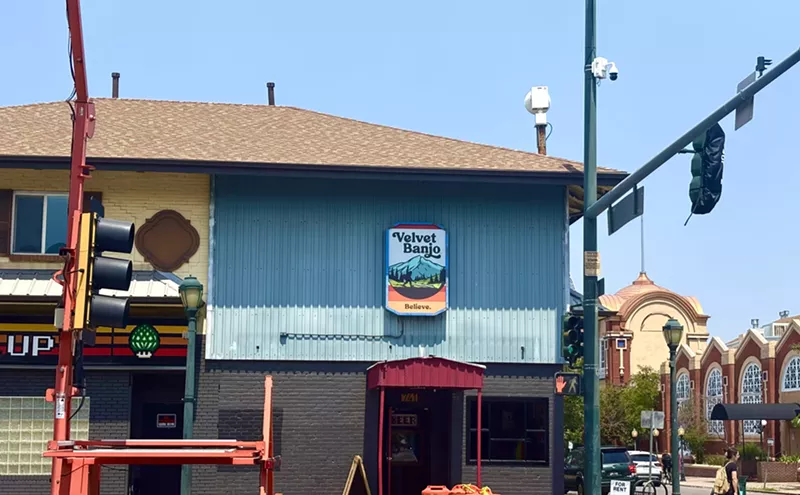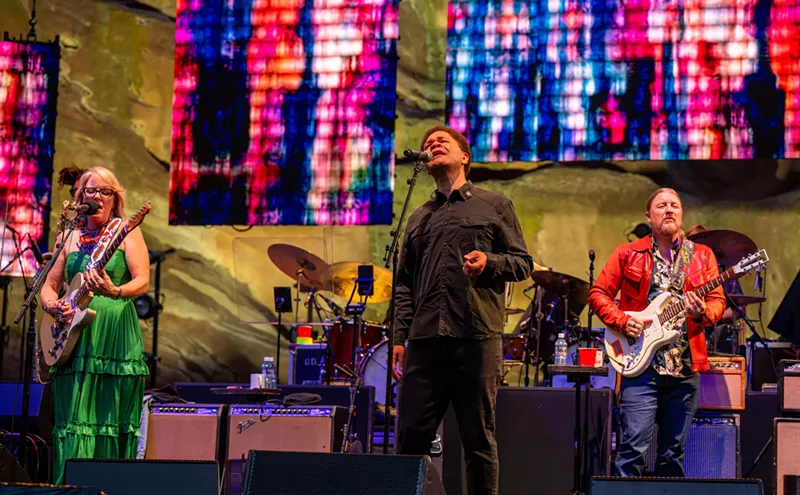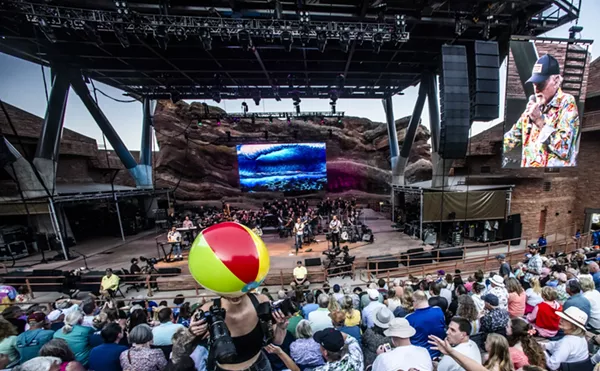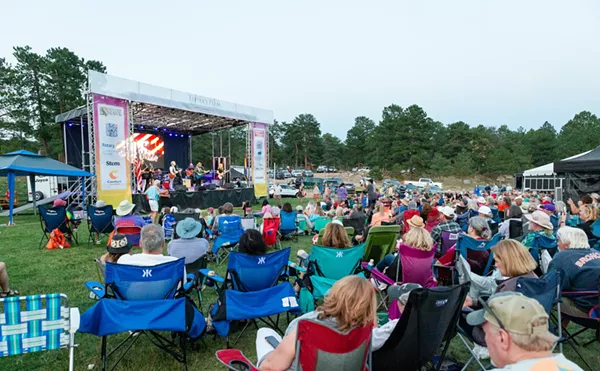It’s Women’s History Month, and we’re celebrating the empowerment of women through rock and roll. In March, musical women will shine in the spotlight, including many who are coming to Denver. While women have always been part of the rock scene, in the early years they were more often seen in the realm of pop divas and hit-making girl groups than respected as female rock stars.
Riot Grrrl changed that. The movement, which began in the 1990s, empowered women to play kick-out-the-jams punk rock with feminist messages. And Denver fans can embrace the Riot Grrrl spirit on March 26 at Mission Ballroom with Sleater-Kinney, an influential pioneer of the movement. Another early Riot Grrrl pioneer, Bikini Kill, will be at the Mission on August 27.
A DIY stylistic spinoff of punk rock that emerged in the ’90s as a feminist punk statement, Riot Grrrl was a reaction to the macho, male-dominated scene. It emphasized independence and making art with a do-it-yourself attitude that embraced ’zines and underground venues, largely by and for women.
Sleater-Kinney was formed in 1994 in Olympia, Washington, by veterans of similarly inclined local bands. Although the group took a break between 2007 and 2013, Sleater-Kinney has released ten albums over the decades, including this year’s Little Rope. The band’s music includes more stylistic range than the original Riot Grrrl ethos, but it’s still indie rock powered by punk fury and feminist, progressive politics.
Bikini Kill also came out of Olympia. The group’s formation in 1990 marked the first wave of the Riot Grrrl movement with in-your-face punk and an uncompromising, feminist political perspective. Although the band broke up in 1997, it reunited in 2019 and began touring again. Bikini Kill inspired and encouraged countless women to start their own bands, print ’zines and make art. The group’s August 27 show at Mission Ballroom will highlight the passion and energy that drove the bandmembers more than three decades ago.
It’s a perfect statement of the Riot Grrrl legacy to have such influential bands as Sleater-Kinney and Bikini Kill coming to Denver. But in light of Women’s History Month, it’s also great to see how many other women artists will be entertaining and inspiring Denver audiences over the spring and summer. The shows reflect various genres, from the gothic rock of Chelsea Wolfe to singer-songwriters Maggie Rogers and Adrianne Lenker, and even pre-Riot Grrrl new-wave punk from Blondie.
Commemorate Women’s History Month by seeing these shows in March and beyond:
- March 22: Chelsea Wolfe at the Gothic Theatre
- April 14: Slothrust at the Bluebird Theater
- May 8: Blondie at Mission Ballroom
- May 23: Waxahatchee at Mission Ballroom
- May 27-28: Maggie Rogers at Red Rocks Amphitheatre
- June 26: Adrianne Lenker at Mission Ballroom
- July 2: Softcult at the Bluebird Theater
- August 24: Alvvays with The Beths at Mission Ballroom
AEG salutes and supports the efforts of all women making music — not just during Women’s History Month, but year-round.

